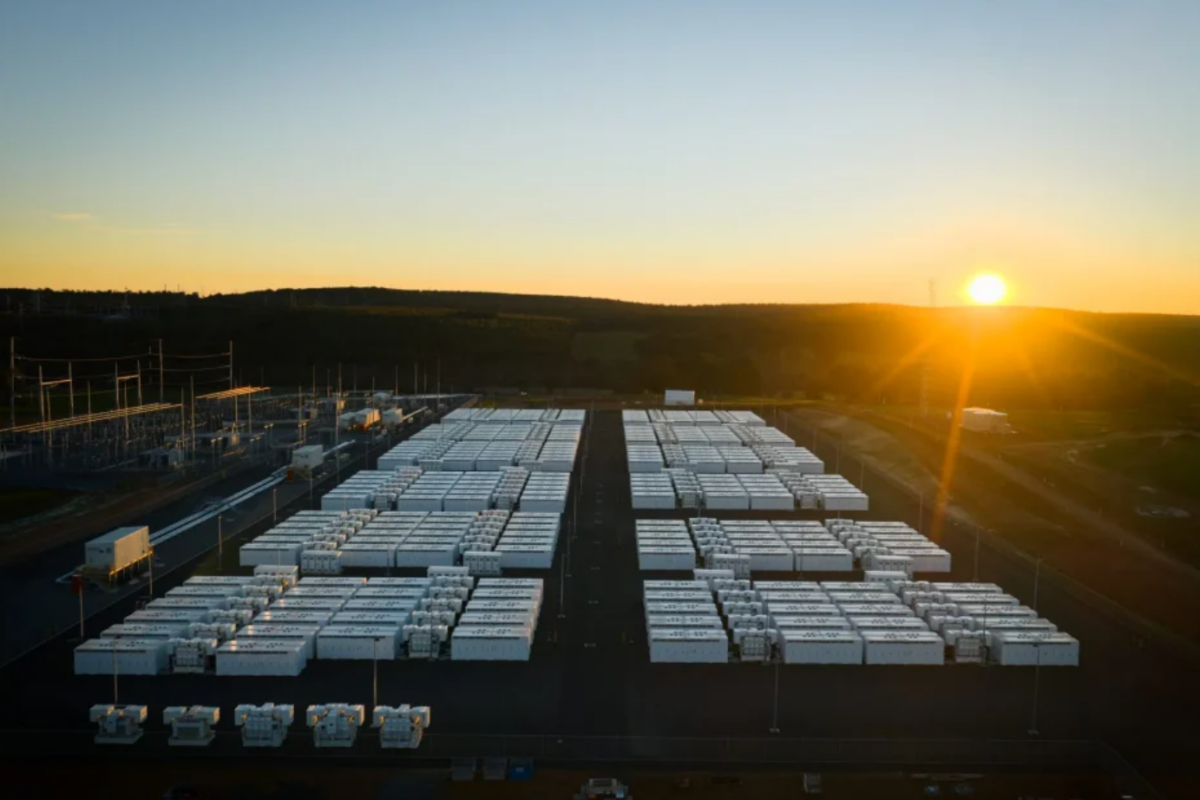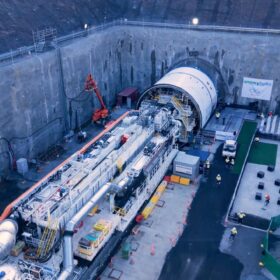The Australian Research Council (ARC) said the new Training Centre for Battery Recycling, based at the University of Adelaide, will address the environmental and strategic challenges associated with lithium-ion battery waste management.
The market for energy storage and lithium batteries is rapidly rising in Australia but as the demand increases so too does the waste. Data from the CSIRO shows that lithium-ion battery waste is growing by 20% per year in Australia and could exceed 136,000 tonnes by 2036.
ARC Training Centre for Battery Recycling Director Professor Shizhang Qiao said the new centre aims to advance sustainable battery technologies to support a circular economy and turn the growing end-of-life battery challenge into a resource opportunity.
“Outcomes are expected to shape a distinctive battery recycling model that shifts Australia to zero battery waste to landfill, establish a profitable and self-sustaining onshore industry chain, and help ensure the future of Australia’s energy security,” he said.
The University of Adelaide will serve as the administering body and the main hub for centre while the University of New South Wales and the University of Wollongong are also part of the collaboration, along with partner organisations Iondrive Technologies, Gravitas Technologies, PCI Green Technologies, Benan, Pure Power and the Australian Nuclear Science and Technology Organisation.
Qiao said the centre will operating across multiple nodes and will focus on five key research themes including pre-treatment and second-life management; recycling spent batteries to materials; resynthesising materials for new batteries; design of new battery materials and cells for ready recycling; and industrial standards to empower the next generations of sustainable battery practice and technology.
“By fostering close collaboration between government, academia and industry the centre will develop skills and IP to enable successful commercial outcomes that will contribute to a zero-waste future,” he said.
With a budget of about $14.92 million (USD 9.65 million) in cash and in-kind, the centre will operate over the next five years.
The ARC is a Commonwealth entity established as an independent body to help shape Australian research for the nation’s economic, social, environmental and cultural benefit.
This content is protected by copyright and may not be reused. If you want to cooperate with us and would like to reuse some of our content, please contact: editors@pv-magazine.com.









By submitting this form you agree to pv magazine using your data for the purposes of publishing your comment.
Your personal data will only be disclosed or otherwise transmitted to third parties for the purposes of spam filtering or if this is necessary for technical maintenance of the website. Any other transfer to third parties will not take place unless this is justified on the basis of applicable data protection regulations or if pv magazine is legally obliged to do so.
You may revoke this consent at any time with effect for the future, in which case your personal data will be deleted immediately. Otherwise, your data will be deleted if pv magazine has processed your request or the purpose of data storage is fulfilled.
Further information on data privacy can be found in our Data Protection Policy.